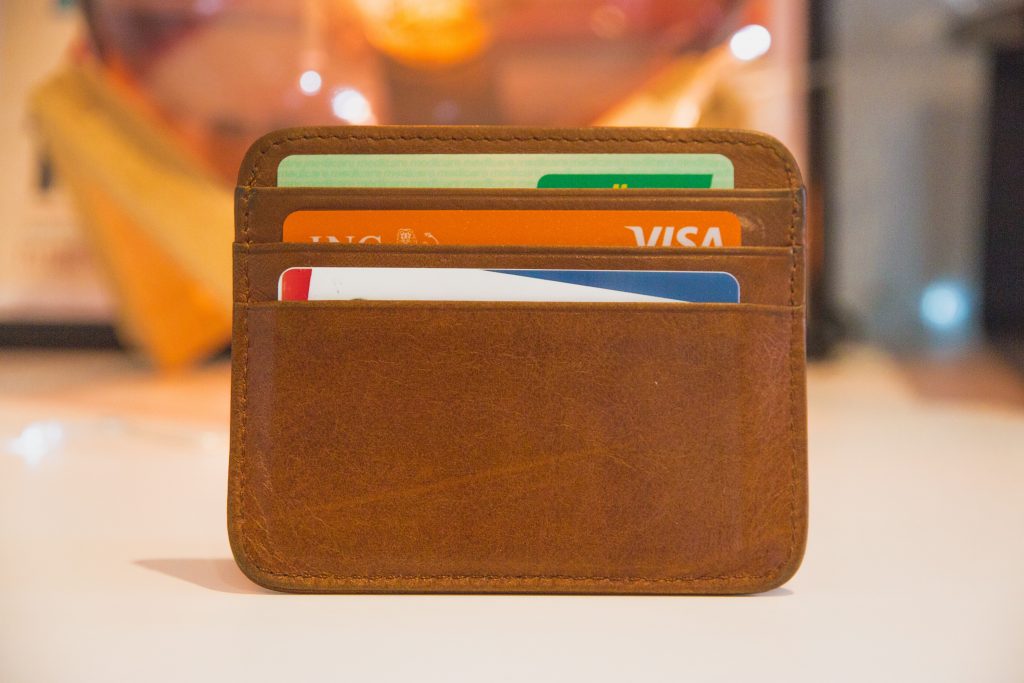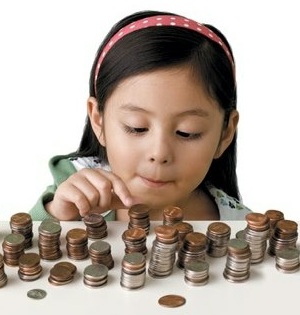
Kids are clever—sometimes a little too clever when they want something. Whether it’s an emergency need for snacks, a school fundraiser that mysteriously popped up, or a sudden urge to “invest” in slime supplies, children can get creative when it comes to accessing your wallet. While honesty is a value most parents try hard to instill, there are some common fibs that pop up again and again. And let’s be honest: you’ve probably heard a few of these already. These are seven of the most common lies kids tell to get your money, and what you can do to stop the habit before it becomes a routine.
1. “Everyone Else Got One”
This classic peer-pressure line is designed to make you feel like the only unreasonable parent on the planet. Whether they’re talking about new shoes, a gaming headset, or lunch money for a food truck day, the idea is that saying “no” will leave them tragically left out. But unless you’re in a group chat with every other parent, it’s hard to verify. This is one of the most manipulative lies kids tell to get your money because it plays on guilt and your desire for them to fit in. A good response? “Let me check with another parent first.”
2. “It’s for School”
Suddenly they need $20—for school. No details, no teacher note, just vague urgency and a backpack that definitely doesn’t have any paperwork in it. While some school-related expenses are legitimate, this fib is frequently used to mask snack runs or extra money for vending machines. It’s one of the more believable lies kids tell to get your money, which makes it harder to call out. Request proof or ask follow-up questions like what class it’s for, when it’s due, and if it’s listed on the school calendar.
3. “I Lost My Lunch Money”
Sometimes this one’s true, but when it happens every other week, your wallet starts to wonder. Claiming to have lost lunch money is an easy cover for spending it elsewhere—on candy, apps, or lending it to friends. It’s one of those lies kids tell to get your money that parents often give in to out of concern. Instead of handing over more cash, offer to pack lunch for the next day or set up a prepaid cafeteria account with limits.
4. “I’ll Pay You Back”
This little promise sounds so responsible and grown-up. But unless your child has a steady income (or an unusually reliable allowance history), “I’ll pay you back” often translates to “you’ll forget I owe you.” While it might start small, this habit can lead to poor money management skills later in life. If you’re hearing this lie kids tell to get your money too often, consider setting clear borrowing rules or using an app to track IOUs. It’s also a great moment to teach about earning money before spending it.
5. “I Need It for a Gift”
Wanting to buy a friend a birthday gift is a thoughtful gesture—but sometimes, it’s just an excuse to get spending money. Kids may ask for funds to buy something “for a friend,” only to turn up with snacks or toys for themselves. It’s one of the sneakier lies kids tell to get your money because it sounds generous and kind. Ask where they plan to shop, how much the item costs, and offer to help them pick something out—this usually separates truth from fiction quickly.
6. “You Said I Could”
Unless you write every financial agreement down in blood (or at least in your Notes app), this one is hard to argue. Kids are known for selective memory, and “you said I could” is often code for “I hoped you would.” This lie kids tell to get your money usually pops up when they’re trying to make a quick purchase without checking back in. A good counter? “Then I’m sure you won’t mind waiting until I remember saying that.”
7. “It’s Only a Few Dollars”
This one is dangerous because it sounds harmless. But those “few dollars” quickly add up when you hear it every week. Whether it’s for an extra snack, a tip for a delivery, or something small from the school store, this lie kids tell to get your money minimizes the ask to avoid a “no.” Teach them to treat every dollar as valuable. If you want to curb the behavior, give a set weekly amount and let them manage it—no top-ups, no exceptions.
Raising Smart Spenders Starts with Honest Conversations
Kids learn from trial and error—and sometimes from pushing their luck. Spotting the lies kids tell to get your money isn’t about catching them in a trap, it’s about using those moments to teach integrity, budgeting, and healthy communication. If you give them the tools to manage money wisely and reinforce the value of trust, they’ll eventually stop trying to hustle you for snacks and start asking you for tips on saving.
Which fib have you heard the most from your child when they want money? How did you handle it? Share your stories in the comments—we’d love to hear them!
Read More:
The First Time They Lied to You: How Innocence Really Ends
8 Things Kids Do to Hide Their Bad Behavior from You
Catherine is a tech-savvy writer who has focused on the personal finance space for more than eight years. She has a Bachelor’s in Information Technology and enjoys showcasing how tech can simplify everyday personal finance tasks like budgeting, spending tracking, and planning for the future. Additionally, she’s explored the ins and outs of the world of side hustles and loves to share what she’s learned along the way. When she’s not working, you can find her relaxing at home in the Pacific Northwest with her two cats or enjoying a cup of coffee at her neighborhood cafe.





